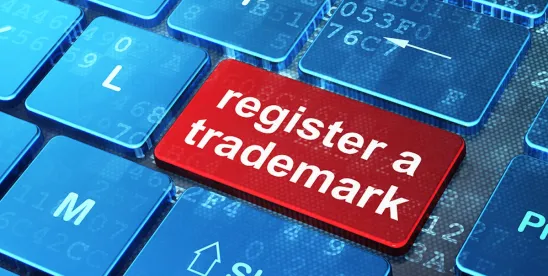In the world of trademark litigation, surveys play a crucial role in tackling issues like confusion, secondary meaning, and dilution. However, the timing of survey disclosures often sparks heated debates, as neither side wants to reveal their strategy first. Typically, an affirmative survey report kicks things off by presenting initial evidence to bolster a party's case. Then, the opposing party fires back with a rebuttal report, aiming to poke holes in the initial expert's findings. But what happens when the rebuttal report includes a survey that directly contradicts the affirmative survey? Is it still considered a rebuttal, or does it become an untimely affirmative report? Two recent cases suggest that there might not be a clear-cut answer to these questions.
In X Social Media LLC v. X Corp., the plaintiff did not disclose any affirmative expert reports, but the defendant served two affirmative expert reports. [2] Prior to the rebuttal deadline, the plaintiff served a rebuttal report in response to the defendant’s affirmative reports. The plaintiff’s report included survey data and new opinions not initially included in the plaintiff’s case-in-chief. The Middle District of Florida held that the plaintiff’s rebuttal constituted an untimely affirmative opinion because the subject of the report was not something addressed in the defendant’s report, meaning it was introduced for the first time in the plaintiff’s rebuttal. The plaintiff’s rebuttal report, including the survey, was struck.
However, just 10 days earlier, in Headwater Research LLC v. Verizon Communications Inc., an Eastern District of Texas opinion came out differently. [3] There, the court validated the defendant’s rebuttal report despite arguments that the rebuttal was actually being used as a vehicle to introduce new and untimely evidence into the case. The court determined that it was irrelevant that the plaintiff did not do its own survey. And the court affirmed that a rebuttal expert is permitted to use different methods and is not bound to using the same approach utilized by the expert they are rebutting.
These cases highlight that while some jurisdictions may be making greater allowances when it comes to rebuttals, not all courts are reacting the same way. Accordingly, it is important to remember that withholding surveys until rebuttal is not always wise, since some courts may have stricter standards when it comes to what rebuttals may include. Given the expense of these surveys, the worst outcome for any trademark litigant would be to have a survey thrown out on timeliness grounds.
[1] Fed. R. Civ. P. 26(a)(2)(D)(ii)
[2] X Social Media LLC v. X Corp., No. 6:23-cv-1903-JA-UAM (M.D. Fla.) (June 26, 2025)
[3] Headwater Research LLC v. Verizon Communications Inc., No. 2:23-cv-00352-JRG-RSP (E.D. Tex.) (June 16, 2025)





 />i
/>i

